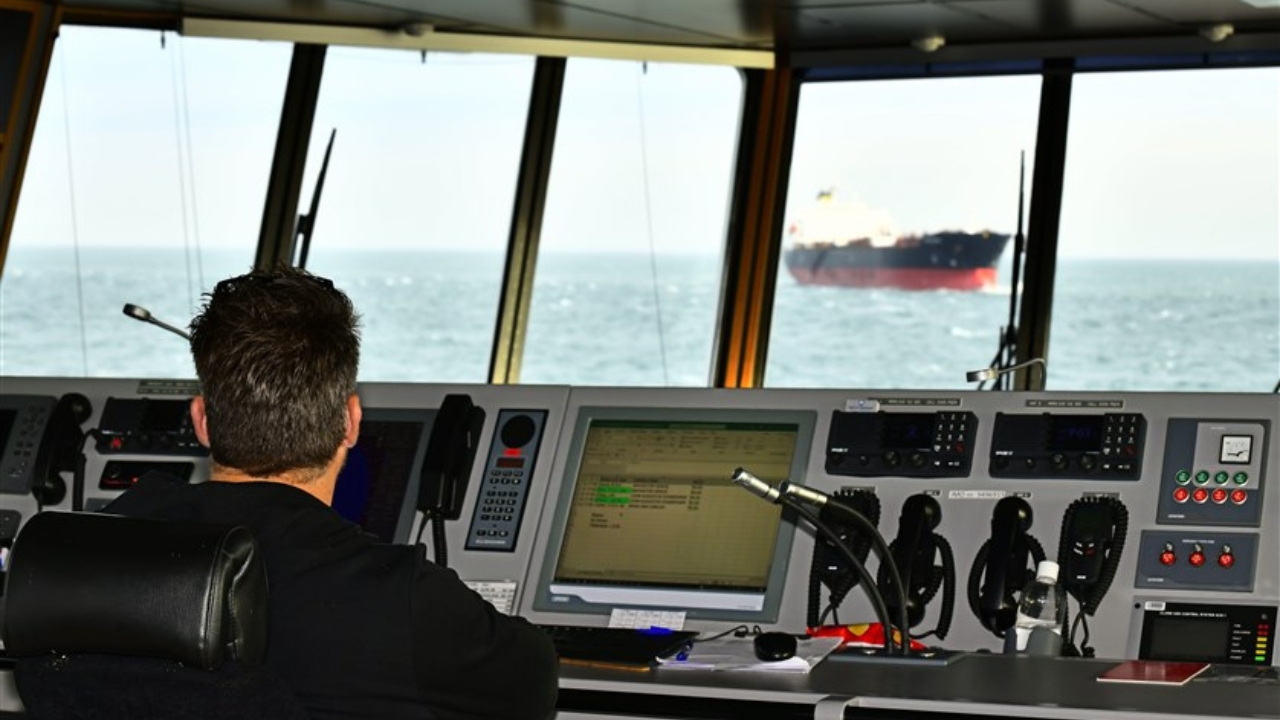OCEAN Project Supports Coastal Administrations
How the OCEAN Project Supports Coastal Administrations by Enhancing Maritime Safety Through Innovation.
Coastal authorities and flag state administrations are at the forefront of maritime governance. Tasked with ensuring safe navigation, environmental protection, and regulatory compliance, they operate in increasingly complex marine environments.
The OCEAN Project, coordinated by the Western Norway University of Applied Sciences and supported by a consortium of 13 partners from seven countries, offers a forward-thinking approach that aligns with their priorities.
Mission and Purpose
Launched in 2022 and funded by Horizon Europe, the OCEAN Project is designed to improve maritime safety and reduce the ecological impact of shipping and industrial ocean use. Its vision is to integrate real-time data, human-centred system design, and machine-learning technologies into a practical suite of tools for maritime decision-makers.
Some of the most pressing challenges facing coastal administrations are ship strikes on marine mammals, particularly whales, floating container hazards, and vessel collisions. These incidents pose serious environmental risks and have economic and social consequences.
Technology Supporting Compliance and Safety
The European Navigational Hazard Infrastructure (ENHI) is a core component of the OCEAN Project. It consolidates satellite data, oceanographic models, and mariner reports to provide a live view of navigational risks. Tools like the OCEAN Reporting App, designed with mariners in mind, allow users to log hazards such as floating containers and cetaceans—particularly large whales—that are most at risk. These insights support safer routing and enable adaptive navigation measures.
In collaboration with research institutions like Universitat Politècnica de Catalunya (UPC), the project also incorporates whale detection technologies using satellite imagery and AI. These tools help mitigate the risk of fatal ship strikes in sensitive marine corridors, supporting compliance with conservation legislation and international maritime policies.

Human-Centred Design for Real-World Integration
Crucially, all tools are developed with a human-centred approach. They are designed to integrate seamlessly into existing systems, enhancing rather than disrupting current maritime operations. This makes them scalable and effective across many users, from port authorities and shipping fleets to independent mariners.
Why It Matters
According to the World Cetacean Alliance, ship strikes kill or injure up to 30,000 whales annually. As this issue gains international attention, regulators are under increasing pressure to implement effective mitigation strategies. The OCEAN Project provides practical, data-backed solutions to inform policy, enhance compliance, and protect marine ecosystems.
By participating as stakeholders, coastal and regulatory bodies can access a collaborative network and tools that support safer, smarter, and more sustainable ocean governance.
